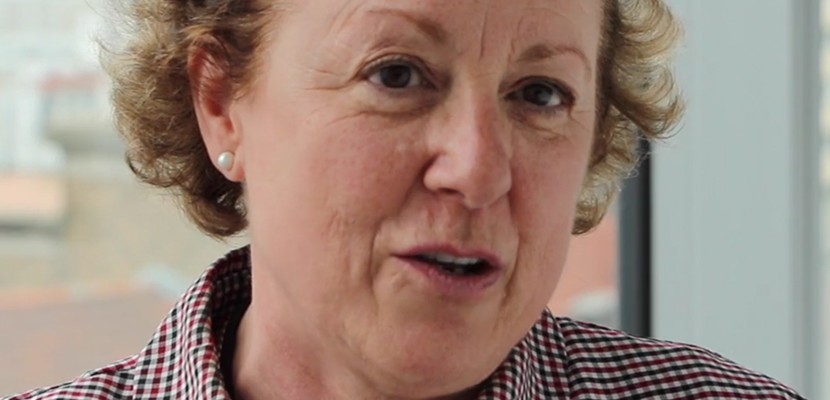During the Second Neurothics Network meeting, Christine Mitchell, professor at Harvard University and researcher in the “Human Brain Project,” explain the mission of the project and some of the ethical questions it raises.
Understanding the human brain is one of the most important challenges of the 21st century. If we meet this challenge, we will better understand what makes us human, develop new treatments and construct informatics infrastructures on a world-wide scale.
The “Human Brain Project” is a European project that will receive 1.2 billion Euros over 10 years. It aims to better understand the human brain and its different pathologies, to simulate it and to map it.
One axe of the project is to centralize and make accessible all data available on the human brain, and thus medical information associated with different pathologies, thanks to information and communication technologies.
The collection of information concerning patients with neurodegenerative diseases and the evolution of the disease as a function of various factors, notably genetic, would allow clinicians to develop precision medicine by extrapolating the data to other patients.
Two categories of questions are raised by the project. The first is not limited to the neurosciences and concerns the collection medical information on patients in a source that is freely accessible to clinicians. This requires assuring the confidentiality of the collected data.
The second category of questions concerns what we learn from the neurosciences. In the near future, for example, it might be possible to predict and modify the behaviour of an individual by electrical stimulation, pharmacological agents or surgery. In the case of an incurable mental disease, this might be desirable but, in other cases, the use of such methods is debatable. Another subject of debate is the authorisation to improve cognitive function in healthy individuals.







